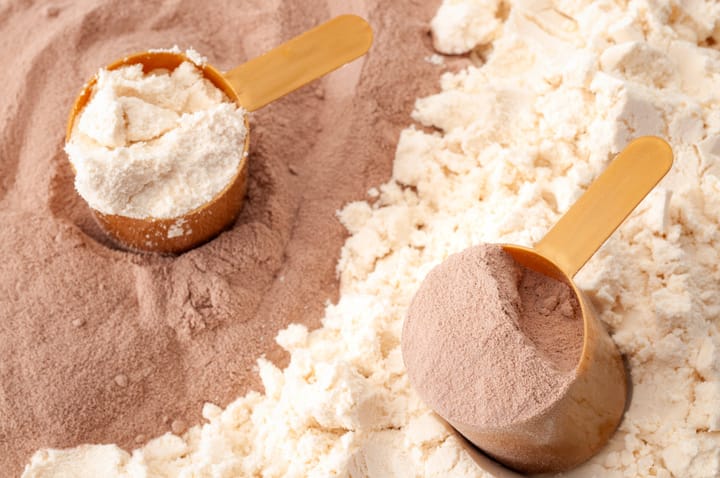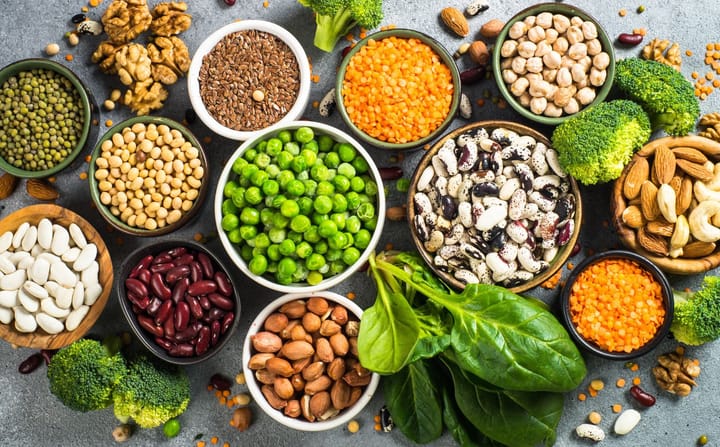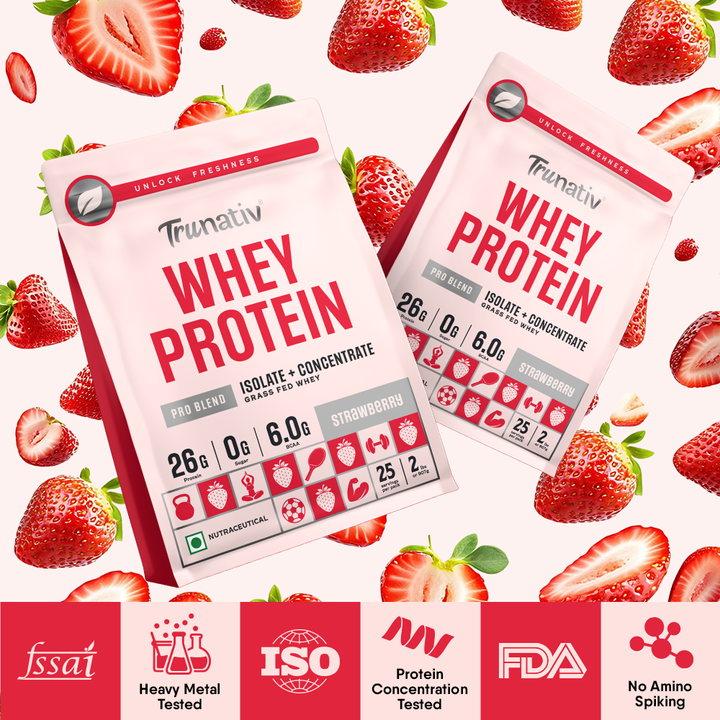Probiotics for Exercise Performance - Can Gut Bacteria Really Boost Your Workouts?

In the ever-evolving world of fitness and nutrition, probiotics have emerged as a hot topic. While often associated with digestive health, recent research suggests that these beneficial bacteria could play a surprising role in enhancing exercise performance. But can tweaking your gut microbiome really give you an edge in your workouts? Let's delve into the science behind this intriguing connection.
Understanding the Gut-Muscle Axis
Emerging research points to a fascinating link between our gut bacteria and our muscles, dubbed the "gut-muscle axis." This complex communication network involves the exchange of metabolites and signaling molecules, influencing various aspects of muscle function, including:
- Energy Production: Certain gut bacteria contribute to the breakdown of carbohydrates and the production of short-chain fatty acids (SCFAs), such as butyrate, which serve as fuel for muscle cells.
- Inflammation Regulation: Exercise inevitably leads to inflammation, but a balanced gut microbiome can help modulate this response, potentially reducing muscle soreness and aiding in recovery.
- Muscle Growth and Repair: There's growing evidence suggesting that the gut microbiome might influence protein synthesis and muscle regeneration, crucial processes for building and maintaining muscle mass.
The Evidence: What Does the Research Say?
While still an evolving area of study, a growing body of research supports the potential benefits of probiotics for exercise performance. Here are some key findings:
- Endurance Enhancement: A 2019 study published in the Journal of the International Society of Sports Nutrition found that supplementing with a specific probiotic strain (Bacillus coagulans GBI-30, 6086) for four weeks improved endurance performance in trained cyclists.
- Reduced Muscle Damage: Research published in Nutrients in 2020 showed that probiotic supplementation with Lactobacillus plantarum TWK10 reduced muscle damage markers and improved recovery in athletes following strenuous exercise.
- Improved Muscle Strength: A 2016 study in the Journal of Strength and Conditioning Research observed that older adults who consumed a probiotic yogurt twice daily for 12 weeks experienced greater gains in muscle strength compared to those who consumed a placebo.
Choosing the Right Probiotics for Exercise
Not all probiotics are created equal, and the specific strains present in a supplement matter. While research is ongoing, some strains that have shown promise for exercise benefits include:
- Bacillus coagulans
- Lactobacillus plantarum
- Bifidobacterium bifidum
It's important to note that the optimal probiotic dose and strain combination for exercise performance may vary depending on individual factors such as training level, diet, and existing gut microbiome composition.
Probiotics: Not a Magic Bullet, but a Potential Piece of the Puzzle
While the research linking probiotics to exercise performance is promising, it's crucial to understand that probiotics are not a magic bullet. They should be viewed as a potential tool within a comprehensive approach to optimize your athletic potential. Prioritizing a balanced diet, adequate sleep, effective training, and stress management remain paramount.
Furthermore, more research is needed to fully understand the long-term effects of probiotic supplementation on exercise performance and to determine the optimal strains and dosages for specific athletic goals.
The Bottom Line: Can Probiotics Enhance Your Workouts?
The emerging science suggests that our gut microbiome plays a role in exercise performance, and manipulating it with probiotics could offer benefits. While research is still unfolding, early evidence indicates that probiotics may help improve endurance, reduce muscle damage, and enhance recovery.
If you're considering incorporating probiotics into your fitness regimen, consult with a healthcare professional or registered dietitian. They can help you navigate the complexities of probiotic strains, dosages, and potential interactions with your individual needs and health conditions.

















Comments ()